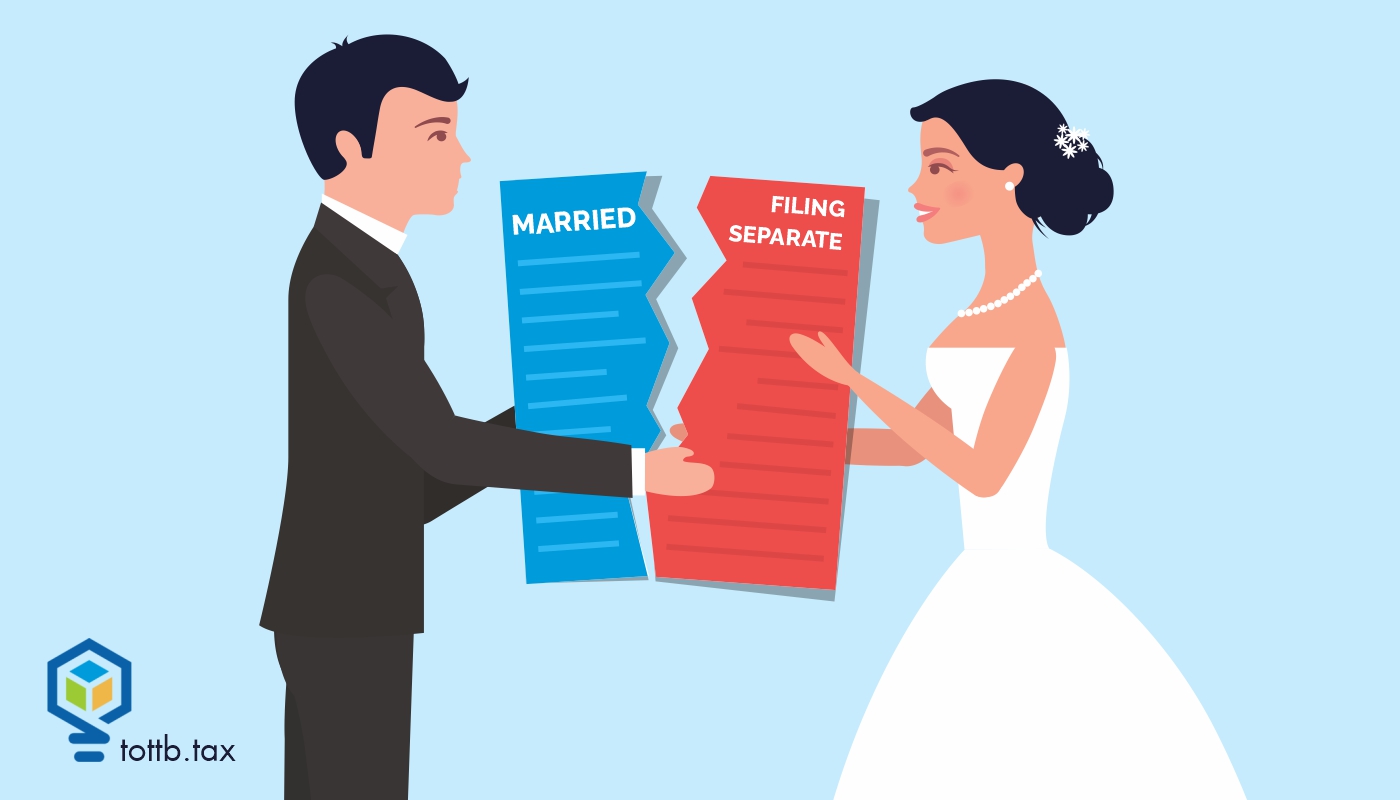How Things Go Criminal
If you were to ask most taxpayers what they worry about when it comes to their tax returns, they might say an unexpectedly high tax liability or even a late penalty. Next to none will worry they are at risk for criminal prosecution. There is a sound reason for this. In the fiscal year ending September 30, 2021, taxpayers filed over 261,000,000 tax returns. During that same period, IRS Criminal Investigation (CI) initiated only 2,581 investigations—a paltry 0.00098% of all tax returns filed. While CI entanglements are not a common experience, there are still lessons to be learned from looking at how things can go awry.
So what types of scenarios have resulted in criminal investigations by the IRS, and what can this teach the everyday taxpayer? First of all, working with an expert, such as a Certified Tax Planner, will help you better understand what is permissible by the IRS and reassure you that your returns are fraud-free. For a few tips on what not to do, read the cases below and review our key takeaways for each one.
Read MoreClient Alert












